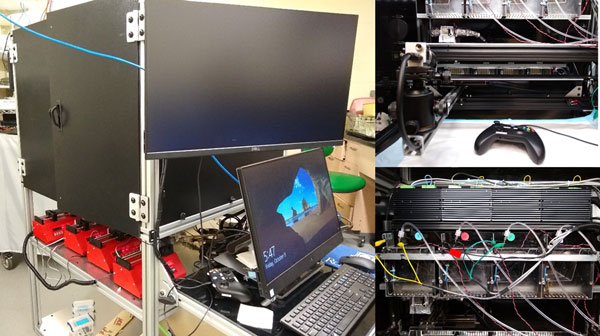Discovery of Novel Targets for Non-Opioid Pain Therapy
Vulvodynia is a chronic pain condition of the vulva that afflicts 9-18% of US women. Most patients suffer from localized provoked vulvodynia (LPV), characterized by severe and lasting pain with light touch to specific vulvar sites near the vaginal opening. This impairs the woman’s ability to engage in a sexual relationship, use a tampon, ride a bike, or even walk, causing a profound decline in quality of life. Although evidence exists to support the use of any approved vulvodynia therapy, most only mitigate the symptoms of pain and do not target the poorly elucidated causes of disease. There is no effective medical therapy. Surgical amputation of a significant portion of the vulva, a last ditch effort, is the most effective treatment.
Our work has focused on identifying LPV disease mechanisms to develop more effective therapeutics that target these previously unknown mechanisms of disease. We have identified several possible targets for therapeutic development (e.g. Dectin-1, TLRs). However, impairing the function of any one of these targets does not completely ablate IL-6 and PGE2 production, key markers of inflammation and pain in LPV patients, and would likely only offer minimal symptom relief. We also determined nuclear kappa factor B (NFκB), a key transcriptional regulator of inflammation, is essential for this response. Targeting NFκB, regardless of the activating stimulus, can restore IL-6 and PGE2 to background levels. However, even local inhibition of NFκB risks impairing inflammatory defenses at a site that must respond to infectious challenge. Therefore, it is imperative that we identify better therapeutic targets for LPV.

We have strong supporting data suggesting transient receptor potential vanilloid receptors (TRPVs), which participate in temperature perception, nociception (pain perception), and sensitization, are promising targets. They are ubiquitously expressed on both sensory and non-sensory cells, and there is sufficient experimental and clinical evidence to support drug development. The most profound systemic effect of inhibition of their function is hyperthermia, a risk that can be minimized with topical application. Targeting TRPV is unlikely to result in drug dependence, may even prevent opioid addiction in mice, and would be broadly applicable to numerous pain conditions, including LPV. We have determined TRPVs plays a role in pronociceptive (pro-pain) signaling in LPV and may be linked to NFκB signaling. TRPVs have been shown to be involved in pain responses and has been implicated in inflammatory hyperalgesia. TRPVs also induce transcription of various cytokines, including IL-6. We are currently investigating the hypothesis that antagonizing TRPVs or members of their signaling pathways will reduce proinflammatory mediator production and effectively alleviate sensitivity in our murine model of vulvodynia.